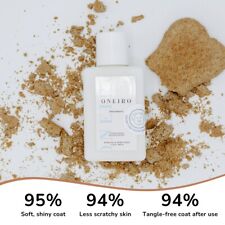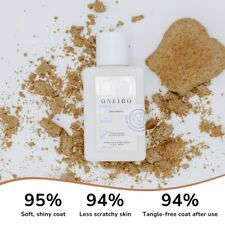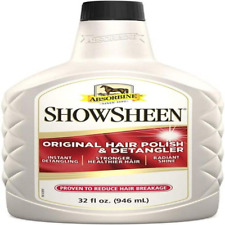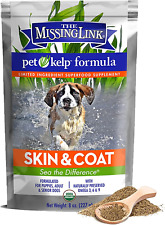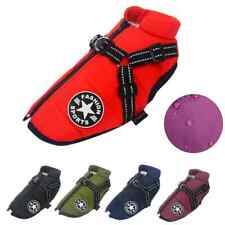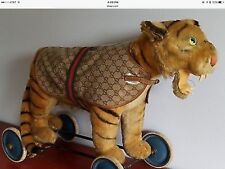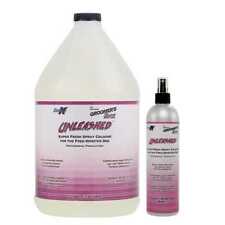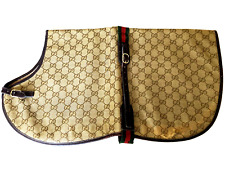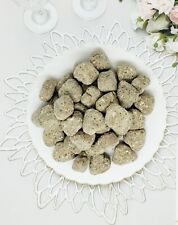Salmonella risks for your Pets
Today it seems that we can’t watch a television news program or go on Facebook without seeing news about another pet food recall. These news reports are troubling, especially since most pet lovers rely on major pet food companies to provide their pets with sound and safe nutrition. Many argue that these ongoing problems are simply a symptom of a larger problem in both the human and pet food systems in North America.
One of the biggest causes of pet food recall is Salmonella contamination. Salmonella spp. is a type of bacteria that lives naturally in the gut of poultry and in the environment. There are over 2000 ‘serotypes’ of Salmonella that can potentially cause disease in dogs, humans and other mammals. (1) Salmonella contamination is common in food animal processing, especially in poultry. When people or animals ingest contaminated or improperly cooked meat or product, sickness can ensue. Common signs of Salmonella infection in dogs include fever, watery or bloody diarrhea, lethargy, reduced appetite, vomiting, and rear leg weakness. If the infection is severe, dehydration and sepsis (bacteria or chemicals in the bloodstream) can lead to death. There are other bacterial contaminants that can cause similar ‘food poisoning’ symptoms in dogs, including Campylobacter and E. coli.
An extremely popular ‘alternative’ way to feed your pets, the raw food or BARF diet, poses a large risk for Salmonella infection. The methods in which meats are processed, even organic meat, can predispose your pet to infection. The most common places to find Salmonella is in ground meats, raw eggs and on the surface of raw poultry. A recent study showed that 80% of raw diet samples contained Salmonella contamination and 30% of dogs eating raw diets were actively shedding Salmonella into their stools.(2) This high level of contamination can put humans handling the raw diets at risk too, especially people with compromised immune systems, the elderly, pregnant women and children.
There are large pet food companies, like Hill’s Science Diet, that have drastically improved their quality control in the last few years. Many food companies that were involved in one of the largest and scariest pet food recalls in 2007 (due to contaminated imported ingredients from China) have since ‘cleaned up their act.’ It is important to seek out pet foods from companies with good reputations for quality control. For example, Hill’s Science Diet has been sourcing its raw materials from North America only and has implemented rigorous testing in its processing facility for toxins and bacterial contamination.(3)
Many owners no longer have trust in pet food companies and don’t want to risk feeding raw. These owners turn to cooking for their pets at home. Cooking meats to recommended temperatures and with practicing good food handling and preparation hygiene at home, microbe exposure is kept to a minimum. It is important to consult with a veterinary nutritionist if you are interested in feeding home-cooked meals to your pets.
These knowledgeable professionals can provide balanced, custom-made recipes and feeding plans for your dog or cat.(4,5)
It is important to keep in mind that millions of pets every day consume commercial pet foods and do not get sick. The majority of pet foods are safe but it is a good idea as an informed consumer to stay aware of potential risks. Despite the worry that we may have over the safety of commercial pet foods, there are measures that we can take to protect ourselves and our pets. Say informed about what foods are being recalled. Good, reliable resources for these lists are on the FDA’s and Humane Society’s websites. Staying informed can help you make the best decision for your pet and your family’s health.
Resources
- Marks, S. 2007. Campylobacter and Salmonella-Associated Diarrhea in Dogs and Cats: When Do I Treat? ACVIM 2007 Proceedings. Veterinary Information Network.
- Joffe, DJ. 2002. Can Vet J; 43;441-442.
- Hill’s Science Diet. 2012 November 26. Protect Your Pet From Contaminated Food. Marketwire. http://www.hillspet.com/our-company/protect-your-pet-from-contaminated-food.html
- Wynn, Susan. Veterinary Nutrition and Integrative Medicine. www.susanwynn.com
- American College of Veterinary Nutrition. www.acvn.org


